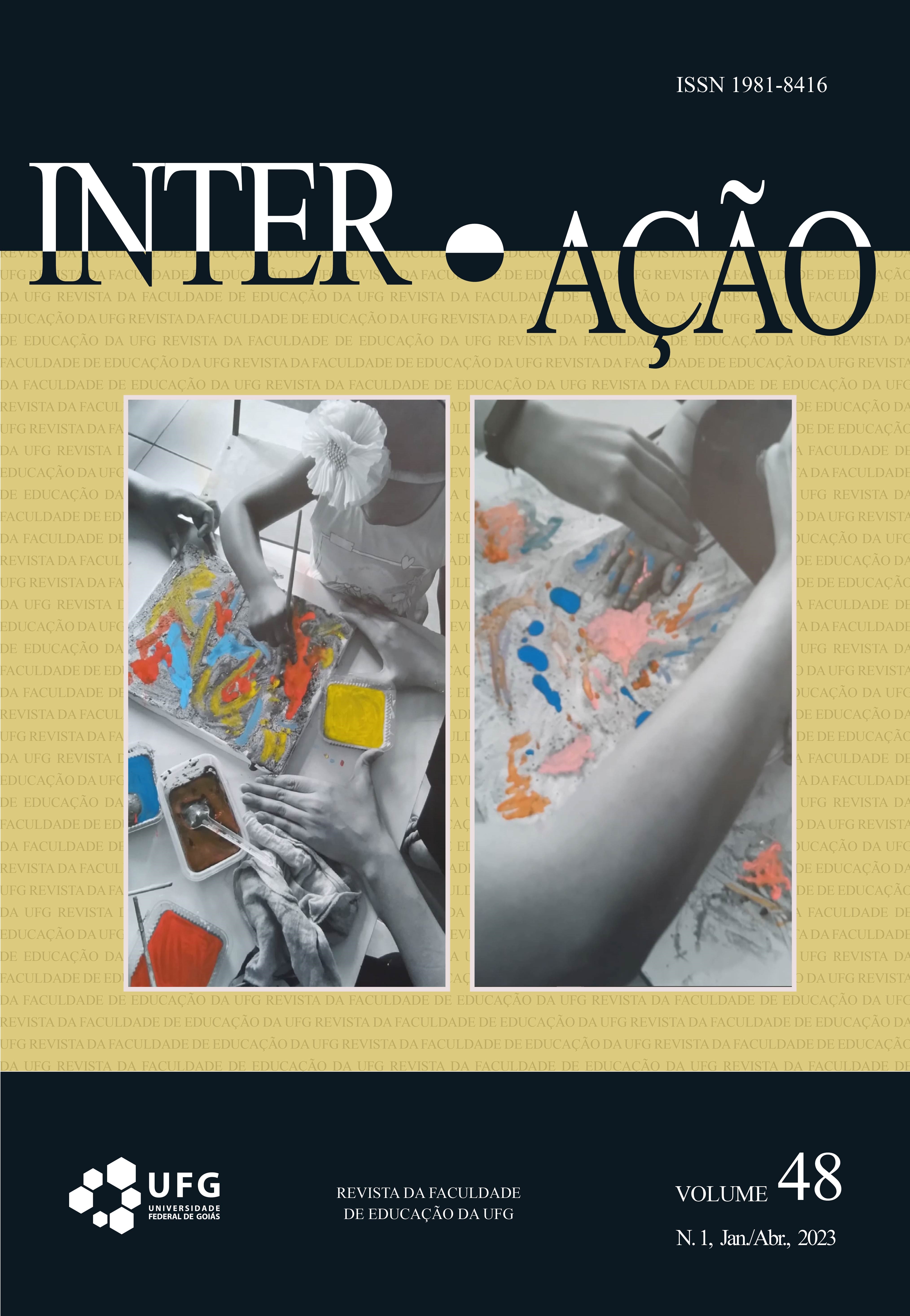EPISTEMIC CHALLENGES IN THE ADVANCE OF PROFESSIONAL AND TECHNOLOGICAL EDUCATION IN THE SUBJECT OF LAW: CURRICULUM ANALYSIS OF THE TECHNICAL COURSE IN LEGAL SERVICES
DOI:
https://doi.org/10.5216/ia.v48i1.74672Abstract
This work analyzed the curricular of the Technical Courses in Legal Services recently implemented in Brazil from different public educational institutions. Data collection in 2021 involved document analysis of the pedagogical projects and curricular matrices of the courses created between the years 2012 to 2021. The analysis covered the foundations and foreseen objectives; the teaching teams involved, as well as the challenges and paths to be followed in this process of implementing EPT in the field of law. At the end, it was considered how the criticisms pointed out by the jurists correspond to the empirical reality of the advancement of EPT as a response to the constant resistance of professional education in this area of activity.
KEYWORDS: Professional and Technological Education; Technical Course in Legal Education; Resistances.
Downloads
Published
How to Cite
Issue
Section
License
Copyright (c) 2023 Daniel Antônio da Cunha

This work is licensed under a Creative Commons Attribution-NonCommercial 4.0 International License.
Inter-Ação uses the Creative Commons Attribution 4.0 License for Open Access Journals (Open Archives Initiative - OAI) as the basis for the transfer of rights. Open access means making documents available on the Internet free of charge, so that users can read, download, copy, distribute, print, search, or link to the full text of documents, process them for indexing, use them as input data for software programs, or use them for any other lawful purpose, without financial, legal, or technical barriers.
Authors publishing in this journal agree to the following conditions:
1) Authors retain copyright and grant the journal the right of first publication, with the work simultaneously licensed under the Creative Commons Attribution License, which permits redistribution of the work with attribution and first publication in this journal.
2) Authors are permitted to enter into additional, separate agreements for non-exclusive distribution of the version of the work published in this journal (e.g., for publication in an institutional repository or as a book chapter), with attribution and first publication in this journal.
3) Authors are permitted and encouraged to publish and distribute their work online (e.g. in institutional repositories or on their home page) at any time before or during the editorial process, as this may generate productive changes as well as increase the impact and citation of the published work.















